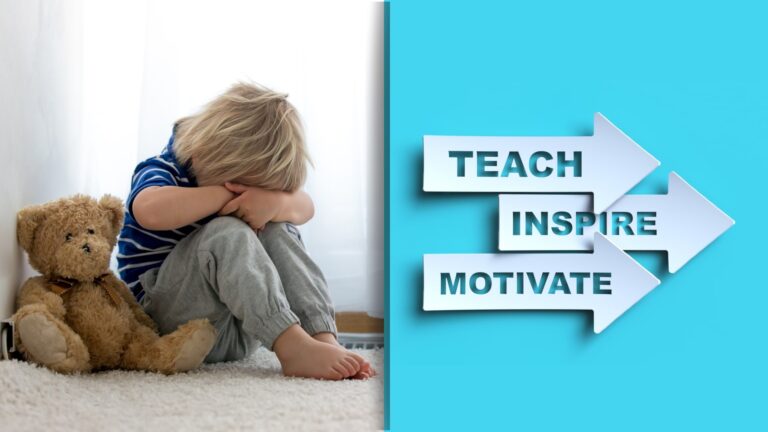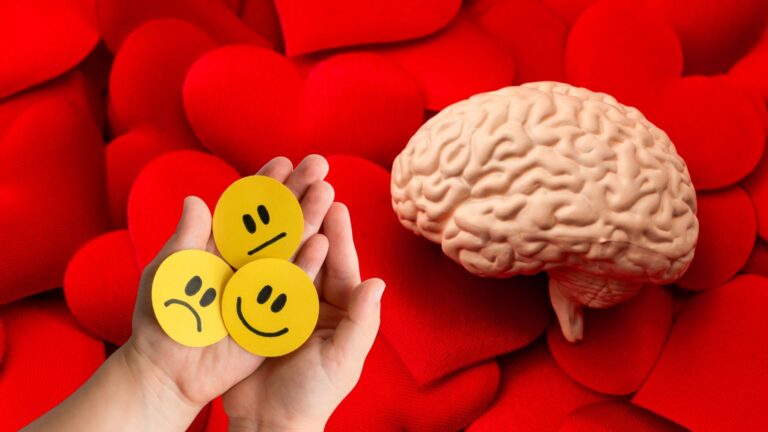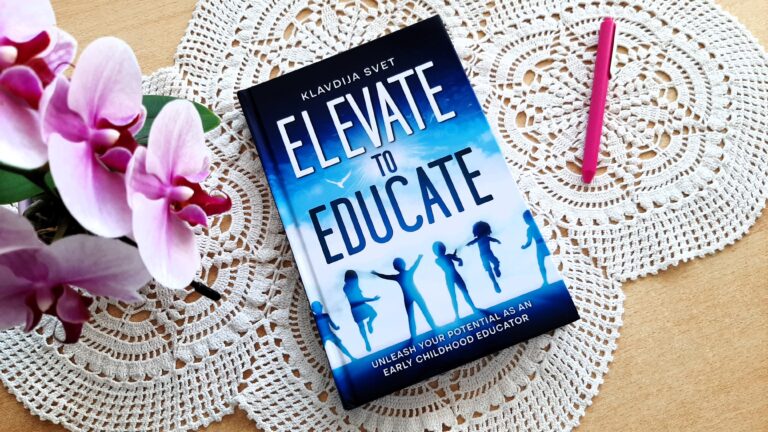Digital Detox for Early Childhood Educators
Reclaiming Balance in a Digital Age
In the dynamic world of early childhood education, where the demands of nurturing young minds and hearts often converge with the relentless pace of technology, educators find themselves at the crossroads of digital dependence and the pursuit of meaningful, balanced teaching experiences. As screens become ubiquitous in our professional and personal lives, it is crucial for early childhood educators to consider the benefits of a digital detox. This practice not only fosters personal well-being but also enhances the quality of education delivered to our youngest learners.
Is technology rewiring our brains?
In 2008, when the true impact of smartphones was still a mystery, UCLA psychiatrist Gary Small began sounding the alarm, saying that heavy smartphone use could alter brain function by weakening the circuits needed for face-to-face interaction and reading non-verbal cues.
When the brain spends more time on technology-related tasks and less time exposed to other people, it drifts away from fundamental social skills like reading facial expressions during conversation, Small asserts. So brain circuits involved in face-to-face contact can become weaker, he suggests. That may lead to social awkwardness, an inability to interpret nonverbal messages, isolation and less interest in traditional classroom learning.
Why Educators Need a Digital Detox
In our connected age, early childhood educators are frequently engaged with technology, from digital lesson planning and online professional development to maintaining communication with parents via social media and email. While these tools can enhance efficiency and connectivity, they also risk leading to burnout, characterized by fatigue, decreased productivity, and a diminished ability to engage with students meaningfully.
Impact on Educators
- Mental Fatigue
Continuous digital engagement can lead to cognitive overload, making it challenging to focus and think creatively, essential traits for educators. - Physical Strain
Prolonged screen time contributes to physical discomfort, such as eye strain, headaches, and poor posture, which can affect overall well-being. - Emotional Depletion
The constant influx of information and the pressure to stay updated can lead to feelings of stress, anxiety, and burnout.
Impact on Teaching Quality
- Reduced Presence
Excessive screen time can detract from an educator’s ability to be fully present and attentive to their students’ needs. - Diminished Creativity
Over-reliance on digital tools can stifle creative lesson planning and reduce the use of hands-on, exploratory teaching methods. - Impaired Communication
Constant digital distractions can hinder effective communication with both students and colleagues, impacting the collaborative educational environment.
Steps to Reclaim Balance
A digital detox doesn’t mean abandoning technology altogether; it involves mindful practices to create a healthier relationship with digital devices. Here’s how early childhood educators can incorporate a digital detox into their lives:
1. Set Boundaries for Digital Use
- Designate Device-Free Zones
Create spaces in your home and classroom where digital devices are off-limits, encouraging more face-to-face interactions. - Schedule Screen-Free Times
Allocate specific times of the day to unplug from all devices. This could include mealtime, bedtime, or during dedicated breaks.
2. Prioritize Physical Well-Being
- Engage in Physical Activities
Incorporate regular exercise and outdoor activities into your routine to counteract the sedentary nature of screen time. - Practice Mindful Movement
Activities like yoga and stretching can help alleviate the physical strain associated with prolonged screen use.
3. Foster Mindful Digital Engagement
- Curate Your Digital Environment
Unsubscribe from unnecessary notifications and follow social media accounts that promote positive and inspiring content. - Practice Digital Mindfulness
Be conscious of the time spent on devices and aim for purposeful, rather than passive, digital interactions.
4. Encourage Analog Alternatives
- Promote Outdoor Play
Do as many activities as possible outdoors to counteract the screen time. - Incorporate Hands-On Learning
Use tactile and experiential learning methods that stimulate children’s senses and promote active engagement.
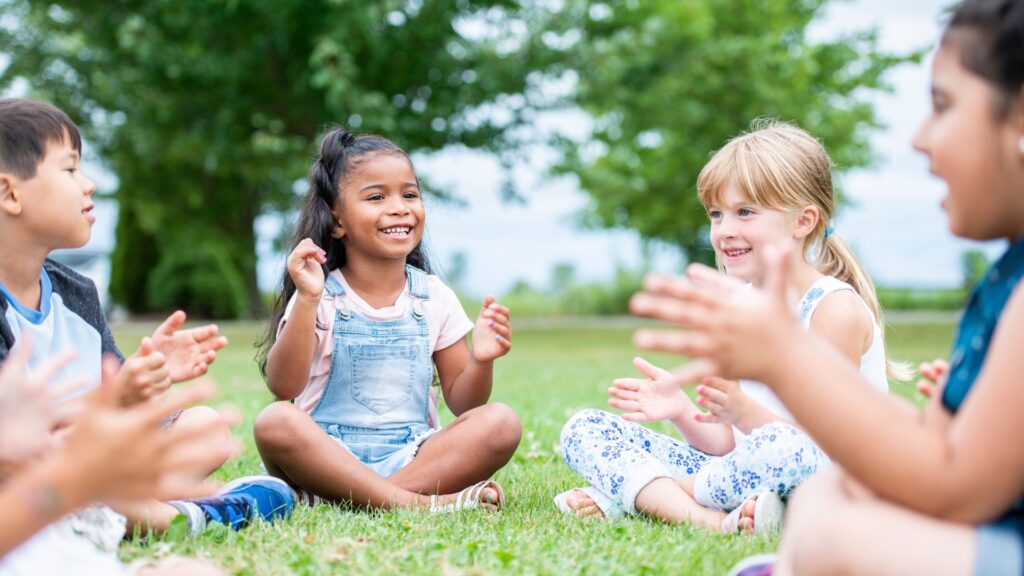
Balancing Professionalism and Personal Well-Being
For educators who rely on social media for professional networking and parent communication, a social media detox can be especially challenging. Here’s how to strike a balance:
- Set Clear Usage Goals
Determine specific purposes for using social media, such as sharing classroom updates or engaging in educational communities, and stick to these goals to avoid aimless scrolling. - Limit Social Media Sessions
Use tools like screen time trackers to limit the amount of time spent on social media each day. This ensures that your engagement is meaningful and purposeful. - Create a Social Media Schedule
Plan specific times to check and update social media, preventing it from becoming a constant distraction throughout the day. - Engage in Positive Interactions
Focus on building supportive and constructive online relationships with colleagues, parents, and educational communities. Avoid negative content that can contribute to stress and anxiety.
Reclaiming Joy and Presence in Teaching
A digital detox is not just about reducing screen time; it’s about reclaiming your time, energy, and joy in teaching. By integrating mindful practices and creating a balanced approach to digital engagement, early childhood educators can enhance their well-being and foster a more enriching learning environment for their students.
Remember, your presence, creativity, and passion are the most valuable tools you bring to your classroom. As you embark on a digital detox, you are taking a vital step toward becoming the best version of yourself, both as an educator and as an individual. Let this journey inspire you to cultivate a harmonious and fulfilling professional life, setting a powerful example for the young minds you nurture every day.

About Kindergartens International Institution
At Kindergartens International Institution, we believe in empowering educators to thrive personally and professionally. We are committed to supporting your journey toward excellence in early childhood education. Join us in creating a nurturing and balanced educational landscape where both teachers and students can flourish.
By integrating these practices into your daily routine, you will not only improve your personal well-being but also set a positive example for your students, encouraging them to engage in healthy digital habits from an early age. Here’s to a more balanced, mindful, and joyful teaching experience!
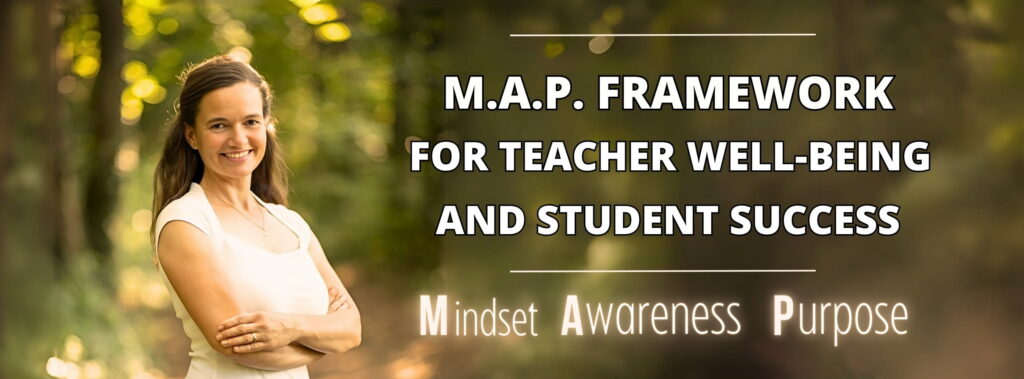
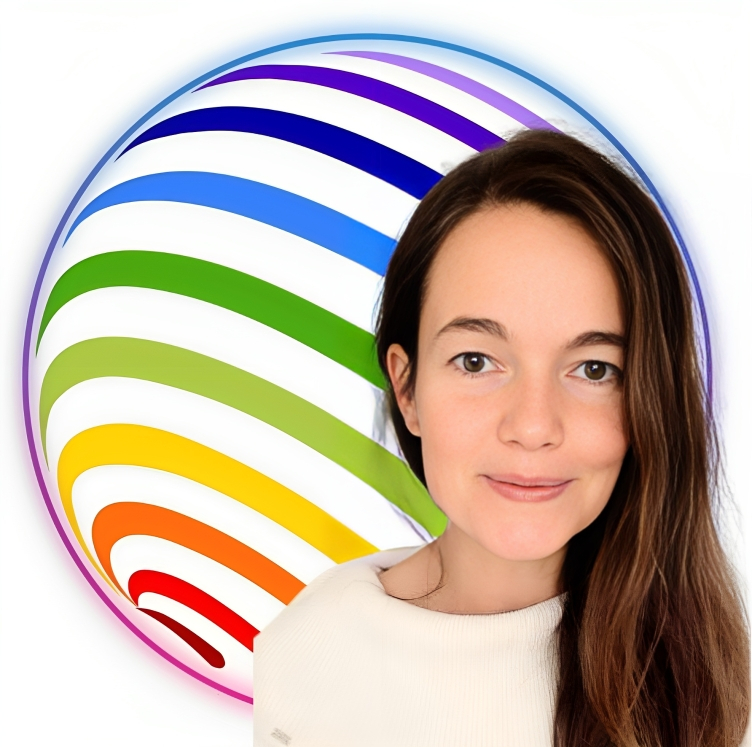
Klavdija Svet, author of Elevate to Educate
Elevate your teaching skills and stay ahead of the curve! Receive our monthly Insights, packed with professional development opportunities, classroom inspiration, and the latest trends in education. Don’t miss out on the chance to take your teaching to the next level. Subscribe now!


